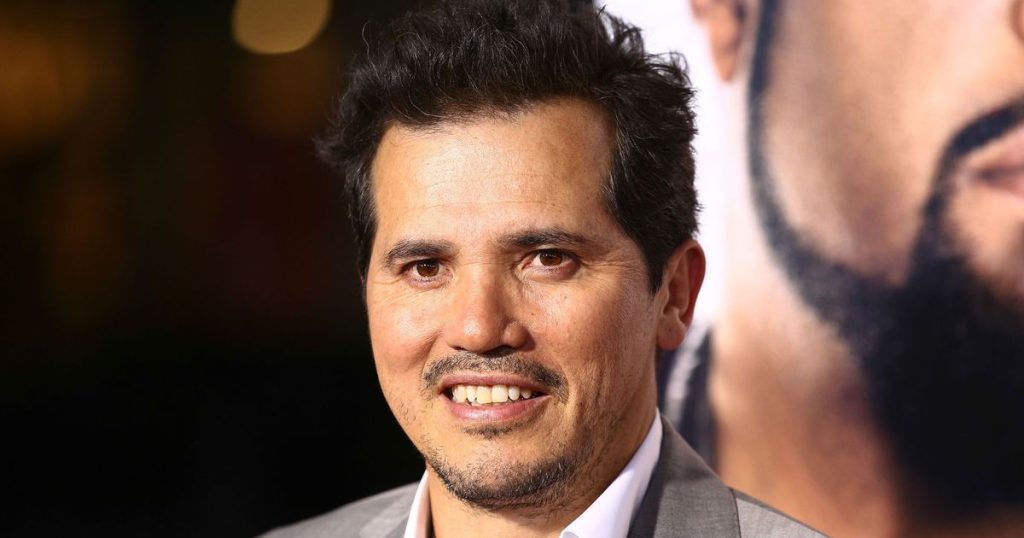The actor’s cryptic statement suggests that despite having reasons for their actions, they may not believe those reasons are justified or rational. This could imply a sense of regret or self-awareness on the part of the actor, recognizing that their motivations may not have been sound. It also hints at a level of introspection and self-evaluation, as the actor acknowledges the flaws in their reasoning. By describing their reasons as “stupid,” the actor seems to be reflecting on the possible irrationality or inadequacy of their motives, showing a willingness to admit their mistakes.
Despite the actor’s self-deprecating tone, their statement also suggests a level of conviction or determination in their actions. Even if their reasons are ultimately deemed as silly or insignificant, the fact that the actor still defends them implies a sense of commitment to their choices. This could indicate that the actor is standing by their decisions, regardless of how flimsy or illogical their justifications may seem. It highlights a sense of agency and ownership over their actions, even if they recognize the shortcomings in their reasoning.
The actor’s admission that they had reasons for their actions could also suggest a desire to be understood or validated in some way. By sharing this information, they may be seeking understanding or empathy from others, hoping that their motivations are not dismissed outright. This vulnerability and openness could indicate a need for connection or support, as the actor reveals a part of themselves that may be misunderstood or judged. It hints at a complexity of emotions and motivations that may not be immediately apparent, prompting deeper consideration of the actor’s perspective.
The actor’s assertion that they had reasons for their actions also raises questions about the nature of decision-making and motivation. What drives individuals to make certain choices, even if they seem irrational or misguided in hindsight? The statement invites reflection on the complexities of human behavior and the multitude of factors that can influence our decisions. It underscores the idea that motivations are not always straightforward or easily explained, and that our actions are often shaped by a combination of conscious and unconscious influences.
Overall, the actor’s terse declaration conveys a mix of vulnerability, conviction, and introspection. It suggests a nuanced understanding of their own motivations, while also hinting at a sense of defensiveness or regret. By acknowledging the flaws in their reasoning while still asserting their agency, the actor presents a complex and multifaceted portrait of human behavior. This statement prompts reflection on the underlying motivations behind our actions, and the ways in which we navigate the complexities of decision-making in our lives.












